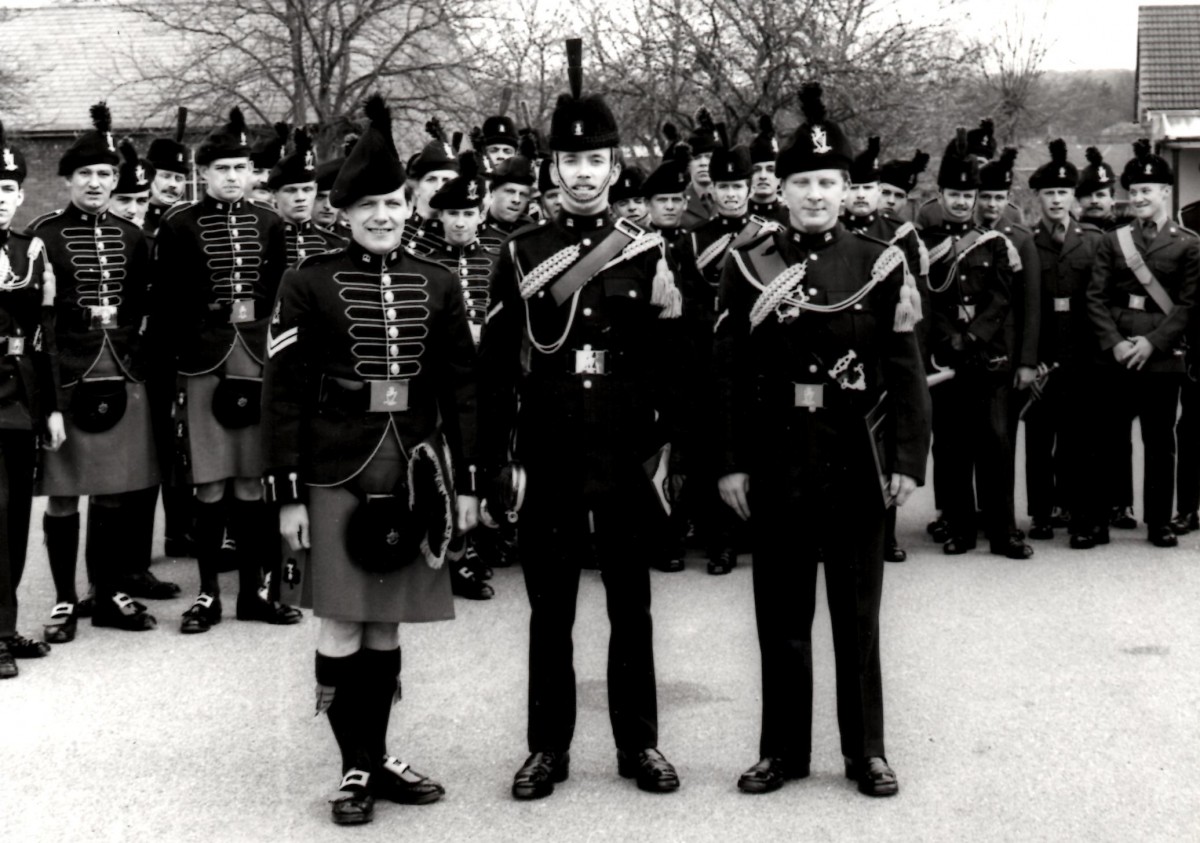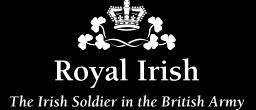Corporal, Origin of the Name

|
| A Corporal (right) commanding his Riflemen in the jungles of Sarawak during the Borneo Confrontation, 1964. |
Reading the 'History of the English Army' (by Francis Grose), printed in 1788, we are told that:
The corporal, or more properly the caporal, is next in rank to the serjeant, his title is of Italian origin, derived from capo, which signifies head, he being the capo d'escadra, or chief of his squad or squadron. A corporal ought to be an experienced, vigilant and laborious soldier; 'he hath an absolute command of his squadron, neither may any in it disobey him; if any do, the caporal may beat him with his sword, and commit him to prison; when a musket rest was in fashion, he was permitted to beat him with it'.
 Today, a Corporal in The Royal Irish Regiment wears a two-stripe chevron to indicate his rank. In the Duke of Wellington's army, the Corporals were selected from private soldiers known as 'chosen men'. Eventually they were described as Lance Corporals and would wear a one-stripe chevron as their badge of rank or appointment*. It is believed that the word Lance Corporal is descended from the 17th century word lancepesade that was derived from the Italian lazzia spezzata (broken lance) used to describe a long serving soldier who was likely to have broken many a spear during many a battle. Eventually the appointment became a rank for which a soldier would receive an increment of pay.
Today, a Corporal in The Royal Irish Regiment wears a two-stripe chevron to indicate his rank. In the Duke of Wellington's army, the Corporals were selected from private soldiers known as 'chosen men'. Eventually they were described as Lance Corporals and would wear a one-stripe chevron as their badge of rank or appointment*. It is believed that the word Lance Corporal is descended from the 17th century word lancepesade that was derived from the Italian lazzia spezzata (broken lance) used to describe a long serving soldier who was likely to have broken many a spear during many a battle. Eventually the appointment became a rank for which a soldier would receive an increment of pay.
(Above left, a Corporal and two Lance Corporals stand in front of the Bugles, Pipes and Drums of the 2nd Battalion The Royal Irish Rangers, following their selection as the Commanding Officer's Piper, Bugler and Drummer.)
*
Appointment today has a regimental association whereas rank is an army-wide distinction that attracts a higher rate of pay than those ranks junior to that rank. For example, the appointment of Ranger is a regimental title used to describe all Privates in The Royal Irish Regiment and of course when a Ranger is promoted, he becomes a Lance Corporal and receives a pay rise.





